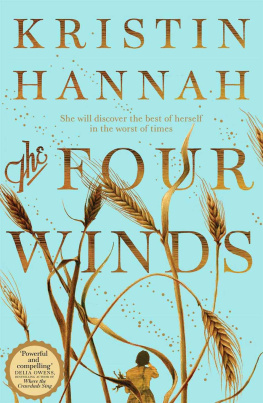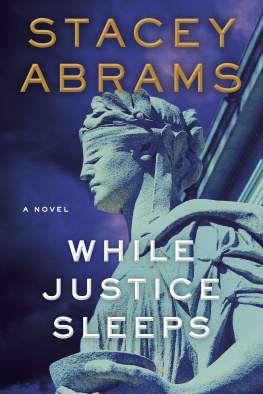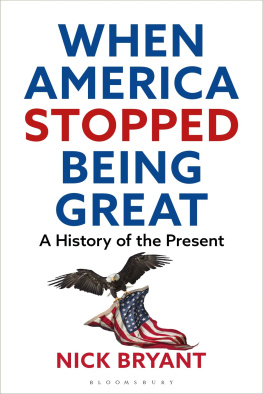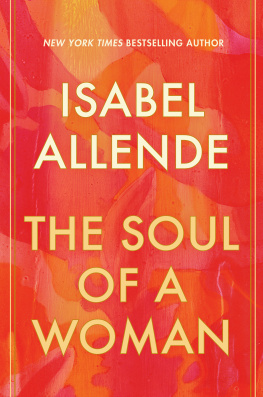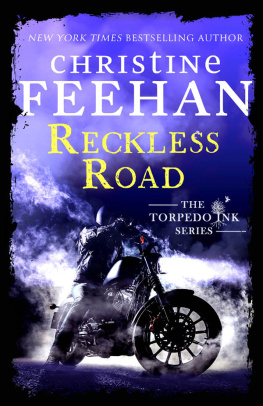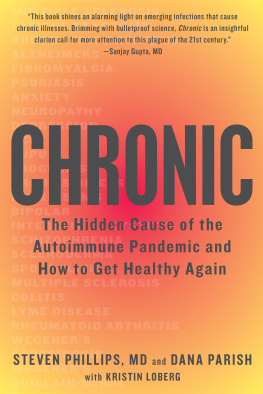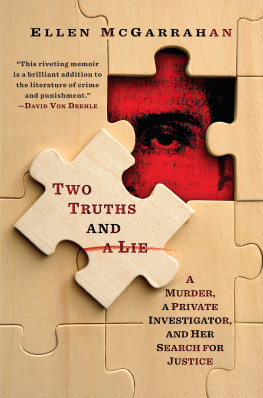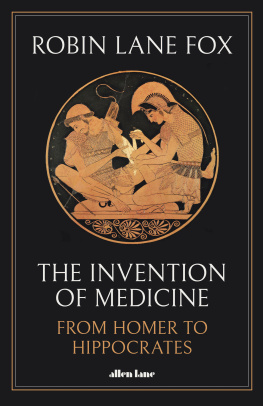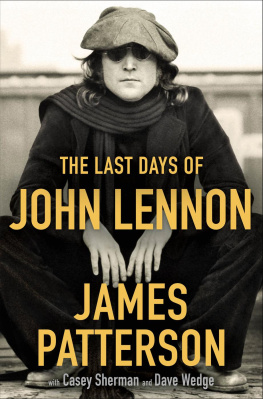Hannah - The Four Winds
Here you can read online Hannah - The Four Winds full text of the book (entire story) in english for free. Download pdf and epub, get meaning, cover and reviews about this ebook. year: 2021, publisher: Pan Macmillan, genre: Prose. Description of the work, (preface) as well as reviews are available. Best literature library LitArk.com created for fans of good reading and offers a wide selection of genres:
Romance novel
Science fiction
Adventure
Detective
Science
History
Home and family
Prose
Art
Politics
Computer
Non-fiction
Religion
Business
Children
Humor
Choose a favorite category and find really read worthwhile books. Enjoy immersion in the world of imagination, feel the emotions of the characters or learn something new for yourself, make an fascinating discovery.
The Four Winds: summary, description and annotation
We offer to read an annotation, description, summary or preface (depends on what the author of the book "The Four Winds" wrote himself). If you haven't found the necessary information about the book — write in the comments, we will try to find it.
Hannah: author's other books
Who wrote The Four Winds? Find out the surname, the name of the author of the book and a list of all author's works by series.
The Four Winds — read online for free the complete book (whole text) full work
Below is the text of the book, divided by pages. System saving the place of the last page read, allows you to conveniently read the book "The Four Winds" online for free, without having to search again every time where you left off. Put a bookmark, and you can go to the page where you finished reading at any time.
Font size:
Interval:
Bookmark:
WINDS
HANNAH

Contents
Dad, this ones for you.

H ope is a coin I carry: an American penny, given to me by a man I came to love. There were times in my journey when it felt as if that penny and the hope it represented were the only things that kept me going.
I came west in search of a better life, but my American dream was turned into a nightmare by poverty and hardship and greed. These past few years have been a time of things lost: Jobs. Homes. Food.
The land we loved turned on us, broke us all, even the stubborn old men who used to talk about the weather and congratulate each other on the seasons bumper wheat crop. A mans got to fight out here to make a living, theyd say to each other.
A man.
It was always about the men. They seemed to think it meant nothing to cook and clean and bear children and tend gardens. But we women of the Great Plains worked from sunup to sundown, too, toiled on wheat farms until we were as dry and baked as the land we loved.
Sometimes, when I close my eyes, I swear I can still taste the dust...
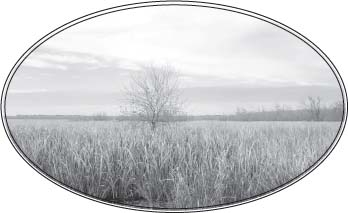
To damage the earth is to damage your children.
WENDELL BERRY ,
FARMER AND POET

E lsa Wolcott had spent years in enforced solitude, reading fictional adventures and imagining other lives. In her lonely bedroom, surrounded by the novels that had become her friends, she sometimes dared to dream of an adventure of her own, but not often. Her family repeatedly told her that it was the illness shed survived in childhood that had transformed her life and left it fragile and solitary, and on good days, she believed it.
On bad days, like today, she knew that she had always been an outsider in her own family. They had sensed the lack in her early on, seen that she didnt fit in.
There was a pain that came with constant disapproval; a sense of having lost something unnamed, unknown. Elsa had survived it by being quiet, by not demanding or seeking attention, by accepting that she was loved, but unliked. The hurt had become so commonplace, she rarely noticed it. She knew it had nothing to do with the illness to which her rejection was usually ascribed.
But now, as she sat in the parlor, in her favorite chair, she closed the book in her lap and thought about it. The Age of Innocence had awakened something in her, reminded her keenly of the passage of time.
Tomorrow was her birthday.
Twenty-five.
Young by most accounts. An age when men drank bathtub gin and drove recklessly and listened to ragtime music and danced with women who wore headbands and fringed dresses.
For women, it was different.
Hope began to dim for a woman when she turned twenty. By twenty-two, the whispers in town and at church would have begun, the long, sad looks. By twenty-five, the die was cast. An unmarried woman was a spinster. On the shelf, they called her, shaking heads and tsking at her lost opportunities. Usually people wondered why, what had turned a perfectly ordinary woman from a good family into a spinster. But in Elsas case, everyone knew. They must think she was deaf, the way they talked about her. Poor thing. Skinny as a rake handle. Not nearly as pretty as her sisters.
Prettiness. Elsa knew that was the crux of it. She was not an attractive woman. On her best day, in her best dress, a stranger might say she was handsome, but never more. She was too everythingtoo tall, too thin, too pale, too unsure of herself.
Elsa had attended both of her sisters weddings. Neither had asked her to stand with them at the altar, and Elsa understood. At nearly six feet, she was taller than the grooms; she would ruin the photographs, and image was everything to the Wolcotts. Her parents prized it above all else.
It didnt take a genius to look down the road of Elsas life and see her future. She would stay here, in her parents house on Rock Road, being cared for by Maria, the maid whod managed the household forever. Someday, when Maria retired, Elsa would be left to care for her parents, and then, when they were gone, she would be alone.
And what would she have to show for her life? How would her time on this earth be marked? Who would remember her, and for what?
She closed her eyes and let a familiar, long-held dream tiptoe in: She imagined herself living somewhere else. In her own home. She could hear childrens laughter. Her children.
A life, not merely an existence. That was her dream: a world in which her life and her choices were not defined by the rheumatic fever shed contracted at fourteen, a life where she uncovered strengths heretofore unknown, where she was judged on more than her appearance.
The front door banged open and her family came stomping into the house. They moved as they always did, in a chattering, laughing knot, her portly father in the lead, red-faced from drink, her two beautiful younger sisters, Charlotte and Suzanna, fanned out like swan wings on either side of him, her elegant mother bringing up the rear, talking to her handsome sons-in-law.
Her father stopped. Elsa, he said. Why are you still up?
I wanted to talk to you.
At this hour? her mother said. You look flushed. Do you have a fever?
I havent had a fever in years, Mama. You know that. Elsa got to her feet, twisted her hands together, and stared at the family.
Now, she thought. She had to do it. She couldnt lose her nerve again.
Papa. At first she said it too softly to be heard, so she tried again, actually raising her voice. Papa.
He looked at her.
I will be twenty-five tomorrow, Elsa said.
Her mother appeared to be irritated by the reminder. We know that, Elsa.
Yes, of course. I merely want to say that Ive come to a decision.
That quieted the family.
I... Theres a college in Chicago that teaches literature and accepts women. I want to take classes
Elsinore, her father said. What need is there for you to be educated? You were too ill to finish school as it was. Its a ridiculous idea.
It was difficult to stand there, seeing her failings reflected in so many eyes. Fight for yourself. Be brave.
But, Papa, I am a grown woman. I havent been sick since I was fourteen. I believe the doctor was... hasty in his diagnosis. Im fine now. Truly. I could become a teacher. Or a writer...
A writer? Papa said. Have you some hidden talent of which we are all unaware?
His stare cut her down.
Its possible, she said weakly.
Papa turned to Elsas mother. Mrs. Wolcott, give her something to calm her down.
Im hardly hysterical, Papa.
Elsa knew it was over. This was not a battle she could win. She was to stay quiet and out of sight, not to go out into the world. Im fine. Ill go upstairs.
She turned away from her family, none of whom was looking at her now that the moment had passed. She had vanished from the room somehow, in that way she had of dissolving in place.
She wished shed never read The Age of Innocence. What good came from all this unexpressed longing? She would never fall in love, never have a child of her own.
As she climbed the stairs, she heard music coming from below. They were listening to the new Victrola.
Font size:
Interval:
Bookmark:
Similar books «The Four Winds»
Look at similar books to The Four Winds. We have selected literature similar in name and meaning in the hope of providing readers with more options to find new, interesting, not yet read works.
Discussion, reviews of the book The Four Winds and just readers' own opinions. Leave your comments, write what you think about the work, its meaning or the main characters. Specify what exactly you liked and what you didn't like, and why you think so.

